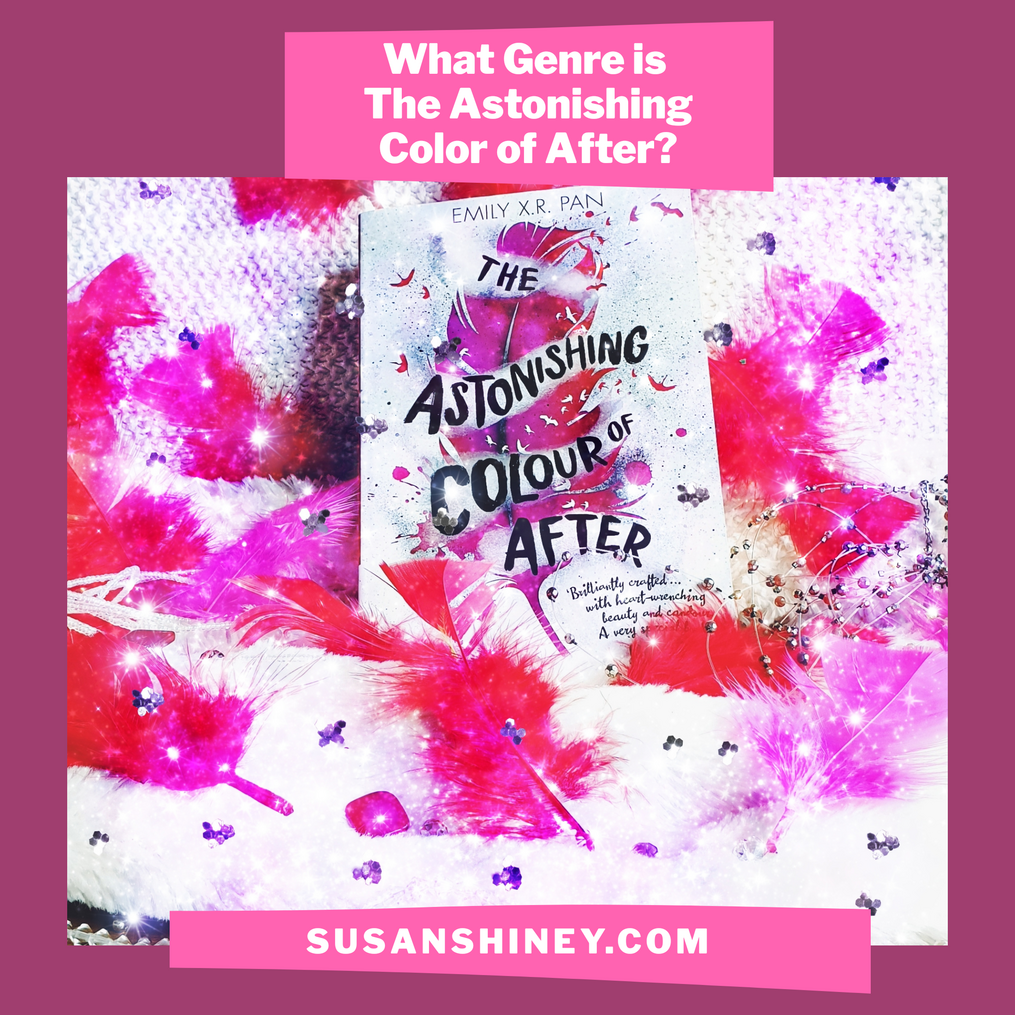

Through Leigh, depression is unpacked and explored. Which is why this book about a Taiwanese woman with depression is so important. The NLAAS found that Asian-Americans are three times less likely than white Americans to seek mental health help. Many studies have been done on the stigma around mental illness in Asian culture. The new discoveries in Taiwan alternate with flashbacks to Leigh's life with her mentally ill mother.

We are taken on a richly-portrayed journey, as Leigh discovers her mother's roots, language and culture. After her mother's death, Leigh travels there to reconnect with the Taiwanese part of her family and the author does not miss the opportunity to make the most of her setting. In a refreshing change from the YA contemporaries I usually read, most of this story takes place in Taiwan. Her words come out in shattered pieces, unintelligible, thick with hopelessness, heavy under the weight of something that’s taken me years to even begin to understand. This leads her down a path that forces her to come to terms with the mental illness that her mother had lived with for years. In the wake of her mother's suicide, Leigh is convinced her mother has turned into a bird and is trying to communicate with her. The story itself is an interesting journey that does more than the typical YA grief novel. She comes across as realistic, flawed and complex. Leigh's first-person narrative - though prone to a kind of synesthesia - is far more frank and lacking in bullshit than I'd expected.

Honestly, all that is a little misleading. I probably wouldn't have read The Astonishing Color of After if I hadn't noticed it on my library's new releases page and thought "why not?" Talk of magical realism and a mother who turns into a bird made it sound a little too weird for my tastes plus, talk of "lush writing" and comparisons to writers like Nova Ren Suma made me think it might be an obnoxiously flowery magical realism book. There were so many beautiful thoughts, emotions and moments captured perfectly with words. “She’s forgotten how to be happy,” I told him.Īs you can see from the picture I shared on instagram, this book was so quotable. Why was it so hard to talk about this? Why did my mother’s condition feel like this big secret? Depression, I opened my mouth to say, but the word refused to take shape.


 0 kommentar(er)
0 kommentar(er)
